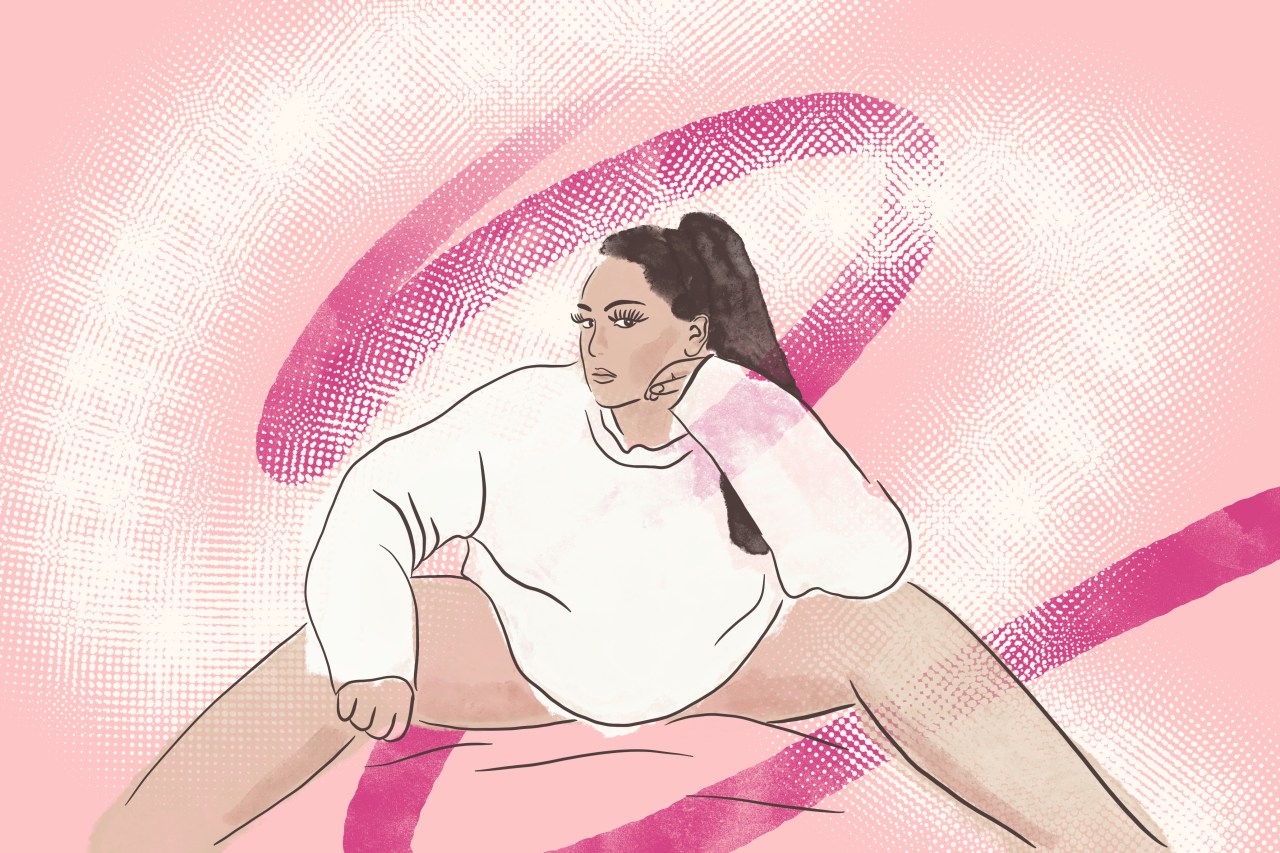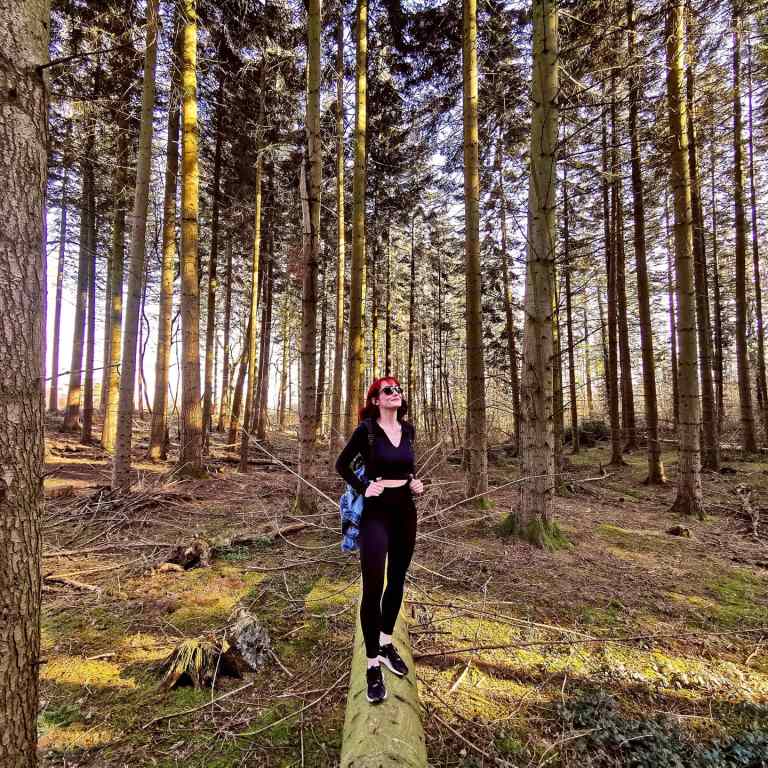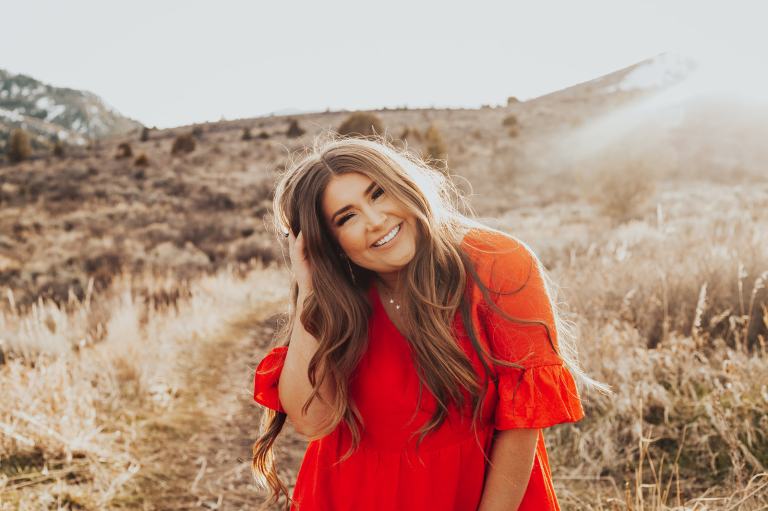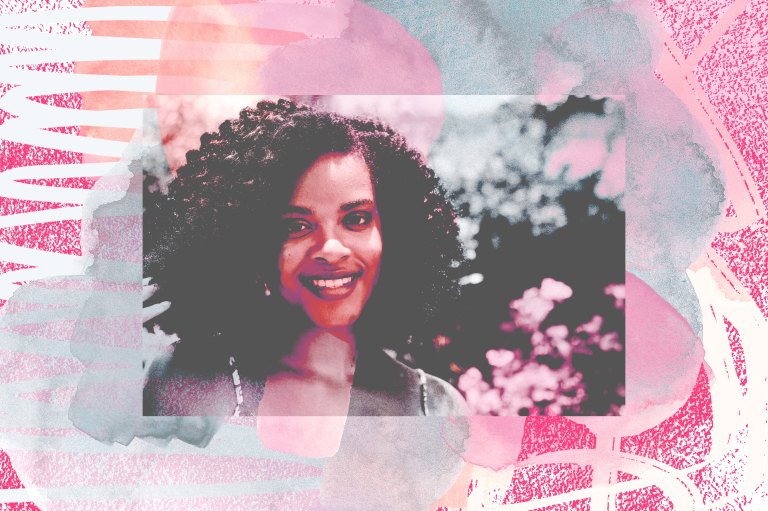
Hidradenitis Suppurativa Is Still Highly Stigmatized, And It’s Time For That To Change
By ![]() Jen Stephens
Jen Stephens
I remember walking out of the Dermatologist’s office, confused and holding a piece of paper with information and advice on it. One thing on it stood out to me. It was the recommendation of joining support groups. “What ever for?” I thought.
I’d just been diagnosed with Hidradenitis Suppurativa. After having my first child I noticed some lumps/spots appearing on my breasts. At first I put it down to the wonder that is pregnancy hormones, and how, as mothers, our bodies are never quite the same again. However, as time went on they became more frequent and more consistent. So I went to my GP, who in turn referred me to a dermatologist.
After a fairly brief examination she knew exactly what she was looking at. “You have Hidradenitis Suppurativa,” the doctor said. Then it all started to make sense as I realized that what I had initially thought was just acne and just general imperfections was in fact HS across three different parts of my body. This had been going on for years. How did I not notice?
The truth is, I did notice. I was aware of spots and small cyst like lumps on my body, but I was too embarrassed to address it. I assumed it was a weight related issue, something which I have struggled with my entire life.
I came straight home and searched online for any information that I possibly could about this disease. My heart sank as I read about how it was progressive, how painful it can be, and how I was stuck with this for life. “Treatable,” I remember my Dermatologist saying, “but not curable.”
Hidradenitis Suppurativa is a chronic, progressive skin disease, in which abscesses, cysts and inflamed, boil-like lumps appear on the skin.
These abscesses are extremely painful, tender and sore and leave permanent scarring, even when healed. Sometimes, they will burst and drain away. Sometimes, they can leave open lesions on your skin which can take days to heal. I cant put into words how painful that is. Other times, they will drain underneath the skin and create what is called tunnels. The presence or degree of tunnelling under the skin is one way of determining what stage of the disease you are at.
The knock this gives to your self confidence is a difficult pill to swallow. As someone who is now extremely passionate about self love and body positivity, I found myself stuck between trying to accept myself the way I was, and wanting to airbrush my flares away. The biggest problem is, not many people know about HS. For something that affects up to 4% of the population, it is a condition that is rarely spoken about.
This, in my opinion, is down to two main reasons: first, nobody actually knows what causes HS. There is the possibility that it may be a mixture of genetic and environmental factors. However, there is no definitive answer universally recognised by doctors or dermatologists. What we do know for sure is that HS is not caused by poor hygiene, and it is not infectious or contagious. Second is the stigma. It is something which is hugely embarrassing. HS can occur anywhere, but is most commonly found in areas such as the breasts, underarms, groin and buttocks. These are especially personal and intimate areas, and can cause intense shame and humiliation.
As I sit here today, I currently have six areas of my body affected by HS. Three of which are Stage I and the other three have progressed into Stage II.
I have tried various antibiotics but am yet to find anything to really help or keep this disease under control. I have frequent mild flares, with every couple of months or so a large abscess appearing, usually leaving a hole on my body for a week or so until it heals. This then results in scarring, which I have across my body now. The pain can make even just moving around difficult, and on bad days I have had to have abscess packed by nurses at the doctors. I also have my own bag of dressings for home emergencies, which I was given by my GP. You never know when you are about to have a flare up, and I’ve found antiseptic cream and dressings a lifesaver for those middle of the night emergencies.
I found the support groups really helped me come to terms with my diagnosis, and to be able to talk to people who understand exactly what you are thinking and feeling is invaluable. I have often asked for advice on support pages. It makes you feel like you are not alone anymore. I have always struggled with my body image, and HS was just more fuel I could add to the fire of hating myself. However, I have managed to turn this around in recent years, due to therapy, online support and some very good friends.
Learning to love and accept my body has been a tough journey, and I’m not all the way there yet. I still get embarrassed if any of my flares or scars are on show. I still feel a sense of shame. I still feel pain from the current flares and past scarring. But this is my body. It’s the only body I’ve got. And I can either accept it and show it some love, or spend the rest of my life hating it and fighting against it. HS is a part of me, and as much as I hate the disease, I love who I am and how strong I’ve become because of it.











